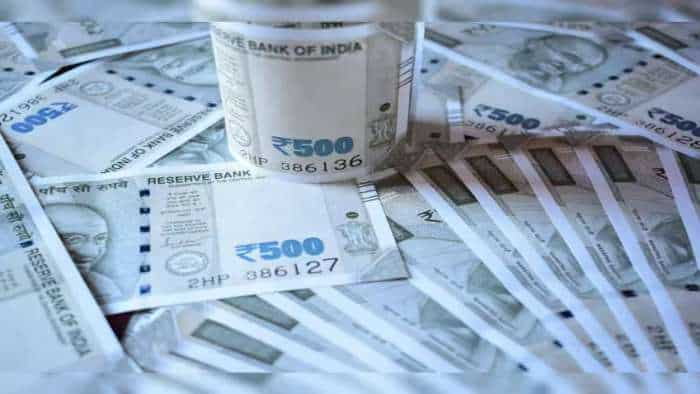IFSC Code: What it is and why it is necessary for doing online transactions
IFSC code helps one identifying a particular bank branch.

The Reserve Bank of India assigns every bank branch a unique eleven digit number called the Indian Financial System Code or the IFSC. The unique number is a combination of both alphanumeric code, specially designated to a particular bank branch. The IFSC code is a potent requirement when it comes to making online financial transactions namely Real Time Gross Settlement (RTGS), Immediate Payment Service (IMPS) and the National Electronic Fund Transfer (NEFT). Without the IFSC code, one cannot make a financial transaction since the IFSC code determines the bank branch where the transaction is supposed to be made.
Format of the IFSC code
- The IFSC is a combination of alphanumeric code, wherein the first 4 characters represent the bank code.
- The fifth character is always 0.
- The rest of the last 6 characters, a combination of alphabets and numbers represents the bank branch.
How one can find their IFSC code?
- Every bank holder can find their bank branch's IFSC code either on the leaf of their bank passbook or their chequebook.
- One can also obtain the IFSC code of a particular bank branch by visiting the Reserve Bank of India's website.
- Additionally, one can also acquire their bank branch's IFSC code by checking the official website of the said bank.
What is the importance of IFSC code?
- First and foremost, the IFSC code helps one identifying a particular bank branch.
- Since the IFSC code is a unique combination, it helps in eliminating any scope of errors when it comes to fund transfers.
- When it comes to making online payments through the modes of RTGS, IMPS, and NEFT, the IFSC code helps in directing the funds to the desired beneficiary.
- With IFSC codes, the process of transfer of funds has picked up its pace and has become faster as well as convenient.
- Since transactions with IFSC code based transactions are paperless, one resorts to eco-friendly measures of financial transactions.
What happens to your IFSC code when bank merges?
The IFSC code of the account holder changes if the bank undergoes the process of a merger. Post this, the account holder will be issued a new IFSC code, the same represented on bank documents like the bank passbook as well as the chequebook. This is done to ensure that financial transactions made online reaches the targeted beneficiary's account.
(By Ruchika Goswamy)
Get Latest Business News, Stock Market Updates and Videos; Check your tax outgo through Income Tax Calculator and save money through our Personal Finance coverage. Check Business Breaking News Live on Zee Business Twitter and Facebook. Subscribe on YouTube.
RECOMMENDED STORIES

Top 7 Flexi Cap Mutual Funds With up to 52% SIP Return in 1 Year: Rs 20,000 monthly SIP investment in No. 1 fund has generated Rs 3.02 lakh; know about others too

Rs 55 lakh Home Loan vs Rs 55 lakh SIP investment: Which can be faster route to arrange money for Rs 61 lakh home? Know here

Top 7 Gold ETFs With Best Returns in 3 Years: No.1 ETF has converted Rs 7 lakh investment into Rs 10.80 lakh; know how others have fared

Sukanya Samriddhi Yojana vs PPF: Rs 1 lakh/year investment for 15 years; which can create larger corpus on maturity?
06:46 PM IST









 Canara Bank account holders alert! IFSC codes of erstwhile Syndicate bank branches to change from July 1; Know how you can get the new code
Canara Bank account holders alert! IFSC codes of erstwhile Syndicate bank branches to change from July 1; Know how you can get the new code SBI changes names, IFSC codes of nearly 1,300 branches post merger with associates
SBI changes names, IFSC codes of nearly 1,300 branches post merger with associates SBI changes names, IFSC codes of around 1,300 branches
SBI changes names, IFSC codes of around 1,300 branches